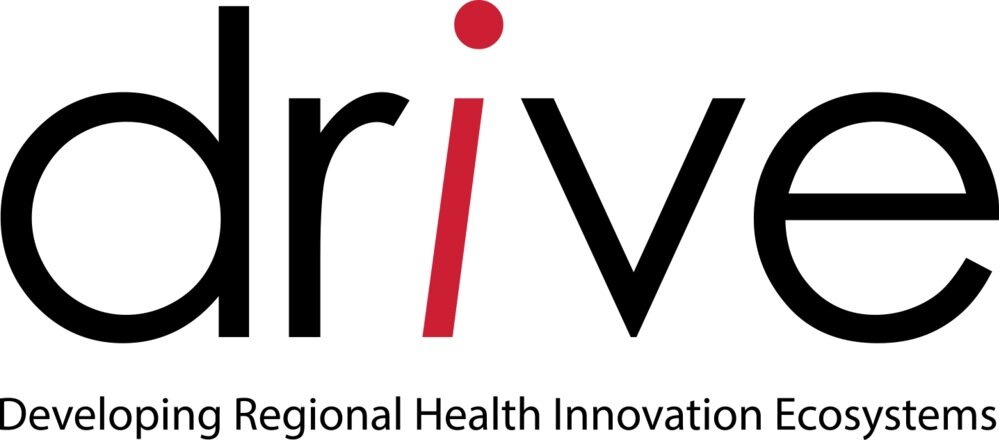Gender equality has been an issue for western governments as far back as the 70’s (despite laudable activism prior to that in many regions). Now, if it was as simple as passing a bill, you’d expect to see trampled barriers across the traditionally gendered disciplines and professions.
But we don’t. Statistics Canada’s 2011 report “Gender differences in science, technology, engineering, mathematics and computer science (STEM) programs at university” points out that the majority of university graduates are women. Yet despite years of acknowledging the wasted opportunity that this inequality represents, amongst graduates 25-34 only 23% of students graduating from engineering are women, and 30% from math and computer science. So what, you say? Women are rocking it in the arts and social sciences. Here’s the rub. The median wages of engineering and computer science graduates exceed those of others. Catalyst reports that women in these fields are more likely than their male colleagues to leave the industry within a year if they do get the job. And this gender gap follows women right to the top - in 2013 Credit Suisse reported that 41% of technology companies had NO women directors.
You have to believe that those women who DO persevere would be sought after representatives of where the industry is going. Not so fast. If you relied on tech industry panels as a place where women might pop up, think again. They are predominantly…well, male. Deloitte generously refers to this and other practices as unconscious bias, others as outright sexism. Either way it’s time to act. Diverse teams perform better. Period.
On June 14th and 15th a number of DRiVE researchers and colleagues, in partnership with the Fierce Founders group at Communitech, are bringing international experts on women and entrepreneurship/innovation to Kitchener/Waterloo, along with invited stakeholders from government, research, industry, civic groups and the health and agetech sector, to discuss women innovators and entrepreneurs, and the barriers and enablers of success that they experience within their local regions. Our second day will be devoted to a deep dive into the health and agetech sector where the likelihood that our systems will survive the onslaught of a rapidly aging and ailing population without mobilizing ALL the human capital in them, is slim.
Dr. Barb Orser (Canada), author of Feminine Capital, Unlocking the Power of Women Entrepreneurs, Dr. Tatiana Manolova (US), author of Entrepreneurial Ecosystems and Growth of Women’s Entrepreneurship, Susan Marlow (UK), will help lead our thought process, along with members of the WEiRED research team (Women Entrepreneurs, innovation and Regional Ecosystem Development) who are organizing the symposium, and a crowd of key stakeholders. Our goal is to build a research consortium, in partnership with other invited partners, that will help provide international evidence of programs that work and those that don’t to improve gender parity in the pipeline that produces then commercializes disruptive innovations.
For more information on this symposium please contact Dr. Josephine McMurray at jmcmurray@wlu.ca
